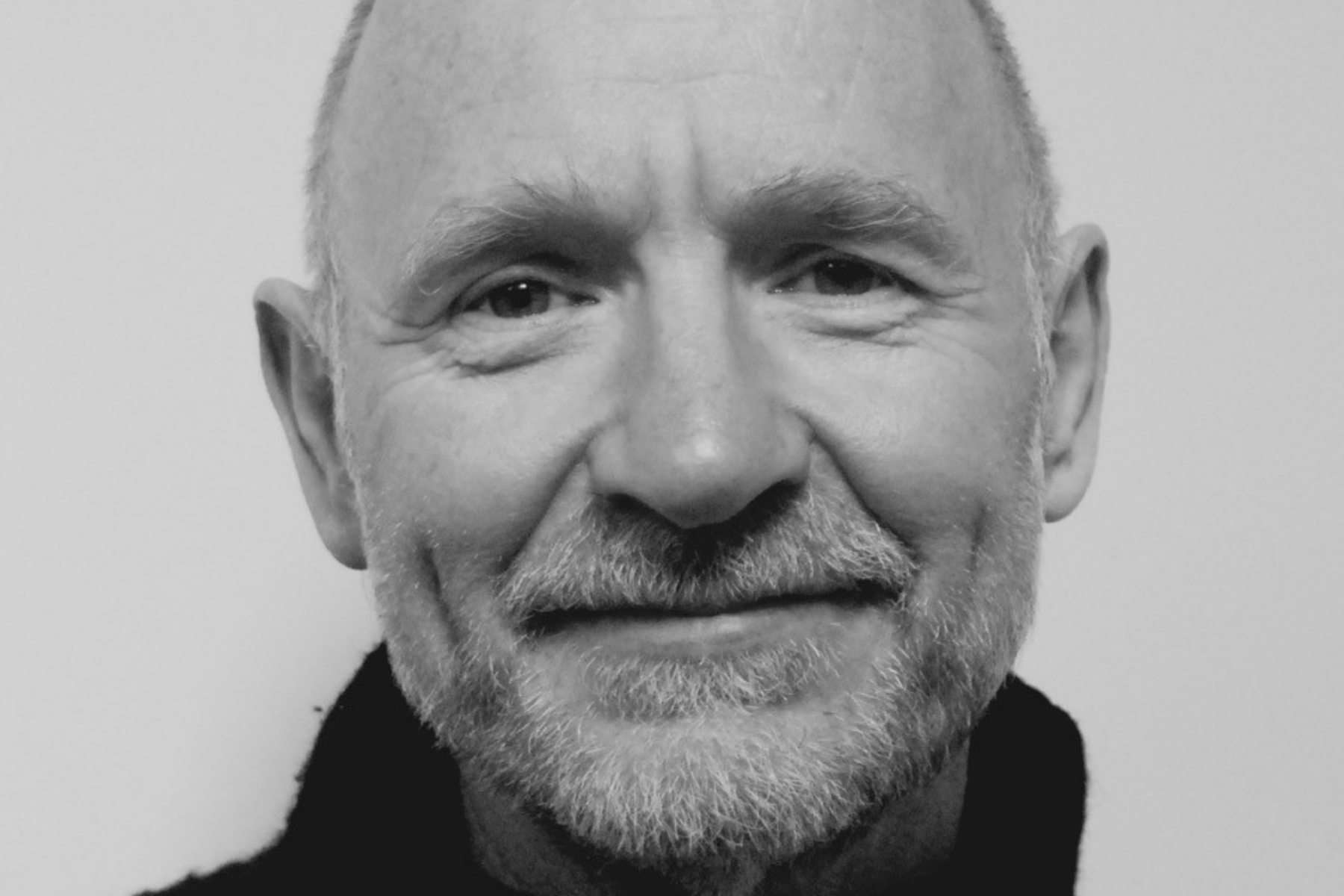- Home |
- Search Results |
- What I’m reading: James Robertson
What I’m reading: James Robertson
The Booker Prize-nominated Scottish author of News of the Dead picks the books that have inspired his storied career, from a ‘beautiful, angry, profound’ Native American novel to the best book he read in 2020.

Where many literary careers are defined by an explosive debut and an ongoing attempt to best it, James Robertson’s is the kind that has been slowly and meticulously built – and what a career it is. After publishing his first books of poetry and short stories in the early 1990s, Robertson released his debut novel, The Fanatic, in 2000. Since then, he’s amassed a host of literary awards, winning the Saltire Society Scottish Book of the Year twice (in 2003 for his novel Joseph Knight and again, in 2010, for And the Land Lay Still) and earning a Booker Prize nomination for his 2006 novel The Testament of Gideon Mack. His admirers include such esteemed peers as Ali Smith, Irvine Welsh and Alexander McCall Smith.
Robertson’s sixth and latest novel is News of the Dead, which tells the story of Glen Conach, a remote place in the mountains of north-east Scotland where a dearth of historical records has given rise to legends, memories, and secrets – and where, in the present day, a young man tries to make sense of the stories that haunt him. To celebrate the novel’s release, we asked Robertson to share a selection of books that inspired and moved him, below.
What follows is a process of healing - a combination of cattle-driving, dreaming, drinking and remembering, and most of all of immersion in the traditional stories, rituals and beliefs of his people. Beautiful, angry, profound, and as relevant today as it was in the 1970s.
Greenvoe by George Mackay Brown (1972)
2021 is the centenary of the birth of the Orkney writer George Mackay Brown, and I am reading my way through his five novels and two novellas. I read Greenvoe, his first novel, in the 1980s and its depiction of a small island, Hellya, and its only village, Greenvoe, remains fresh and funny, though running through it is Brown’s habitual concern with the threat of so-called ‘progress’ to traditional ways of life.
The men, women and children of Greenvoe are all capable of using cunning, deceit, bullying and scandal to score points off one another. They are divided by politics, class and creed, but they are also a community - one which, for the most part, has no inkling of the looming destructive danger of ‘Operation Black Star’, a mysterious military-industrial project for which the island is being sized up. Within two years of Greenvoe’s first publication, plans for a huge oil terminal on the island of Flotta were announced. George Mackay Brown seemed almost like a local prophet.
Land clearance and its legacy is still a very controversial topic in the Highlands; the triumph of this book is not to diminish what happened there but to show that, despite its peculiarly brutal and culturally devastating characteristics, it was a late manifestation of a movement that had already permanently changed the population distribution of the Lowlands.
I Will Never See the World Again by Ahmet Altan (2019)
The Turkish writer Ahmet Altan spent four and a half years in prison after criticising the Erdogan government and writing in support of Kurdish rights. He was released in April 2021, aged 71, after a court rejected the alleged reasons for his arrest and detention. While incarcerated, he wrote this astonishing book, which had to be smuggled out of prison to be published. It is a sparkling work of defiance, courage and even humour, in which Altan ridicules his oppressors even as he fears he may never be released. It is the most eloquent defence of freedom of expression I have ever read. I only hope that in similar circumstances I would show such resilience and clear-headedness.
I have read the first parts of the Forsyte Saga, his magnum opus, two or three times, but did not know that there were three late additions, describing the lives of the Forsytes’ cousins the Cherrells: Maid in Waiting (1931), Flowering Wilderness (1932) and Over the River (1933), collectively known as End of the Chapter. They are just as good as the volumes that preceded them, keen of observation and generous of spirit. Now that I have read these once, I will have to go back to the beginning and read the entire saga all over again.
What We Did in the Dark by Ajay Close (2020)
This was my favourite novel of last year. Set in the early 1900s, Ajay Close’s claustrophobic, gripping tale is based on the true story of the young Scottish writer Catherine Carswell’s disastrous first marriage to Herbert Jackson, a man whose mental instability was made much worse by what he witnessed and did during the Boer War. In an age when it was incredibly difficult for a woman to extricate herself from a bad marriage, Catherine had to work hard for her emotional, physical and legal freedom. Ajay Close is not unsympathetic to Herbert’s condition, but it is Catherine’s heroic determination to make her own future that drives the narrative forward. An absolute page-turner, which deserves far more attention than it has received to date.
News of the Dead by James Robertson is out now.